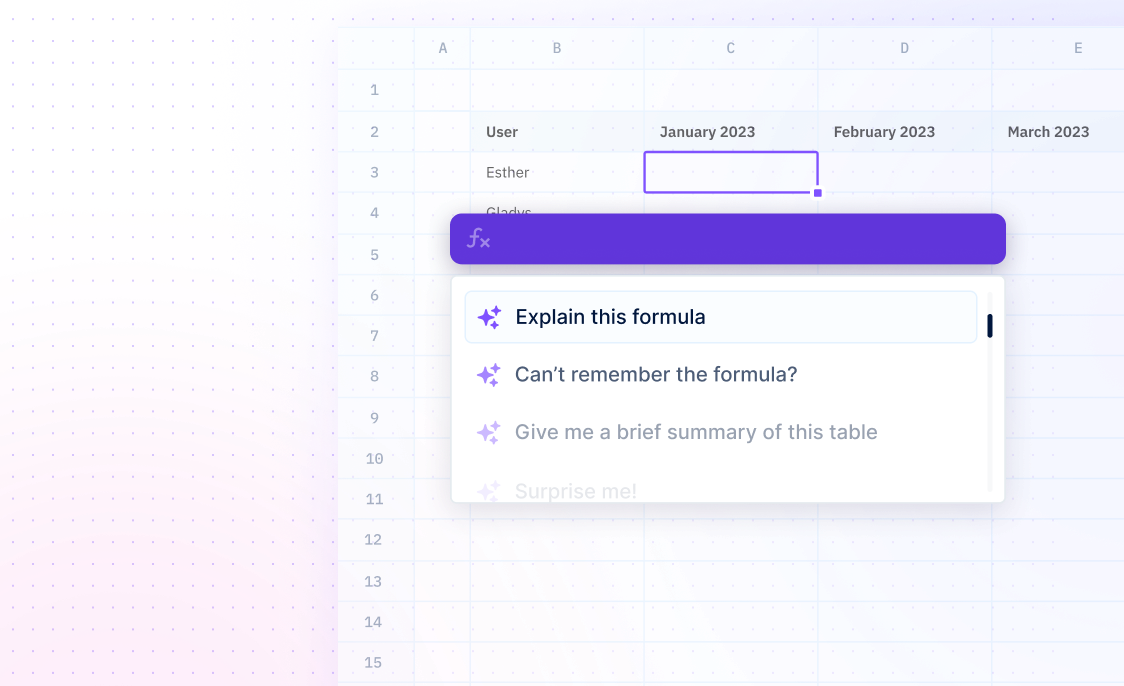
DEVSQ
Formulas / DEVSQCalculate the sum of squared deviations from the mean.
DEVSQ(array)
- The DEVSQ function arguments are 1 to 255
- The arguments can be an array or a reference to an array
- The arguments are separated by commas
- The arguments are limited to 30 in Excel 2003
Examples
=DEVSQ(A2:A8,"sample")The DEVSQ function takes two arguments: a range of cells and a text value. For example, this formula will return the sum of squares of deviations of data from their sample mean.
=DEVSQ(A2)The DEVSQ function can also take a single cell as an argument. For instance, this formula will calculate the sum of squares of deviations of data from the mean of the cell A2.
=DEVSQ(A2:A8,B2:B8)You can use the DEVSQ function to compare the mean of data in two different cells. For example, this formula will return the sum of squares of deviations of data from their mean in cell B2:B8.
=DEVSQ(A2:A8)The DEVSQ function can also be used to calculate the sum of squares of deviations for a group of data with a single argument. For example, this formula will return the sum of squares of deviations of data from their mean.
Summary
The DEVSQ function calculates the sum of squares of deviations of data points from their sample mean. It takes multiple arguments, with the first one being required. It can use numbers, words, arrays, or references as arguments and ignores error values and text inputs.
- The DEVSQ function takes multiple arguments, which can be a hardcoded value, a cell reference, or a range.
- The DEVSQ function calculates the sum of the squared deviations from the mean for a set of data.
Frequently Asked Questions
DEVSQ Function FAQs
What is the DEVSQ function?
What kind of arguments can I use with the DEVSQ function?
- Numbers
- Names
- Arrays
- References

